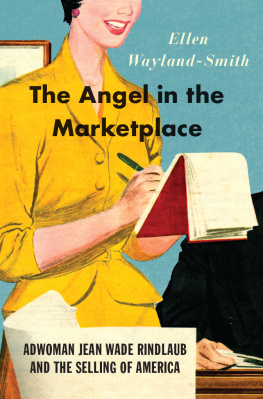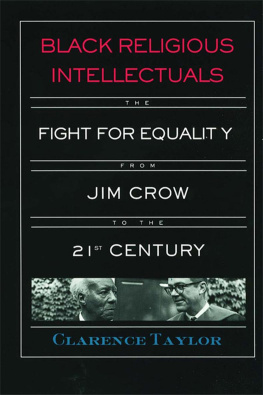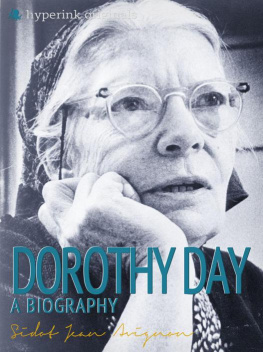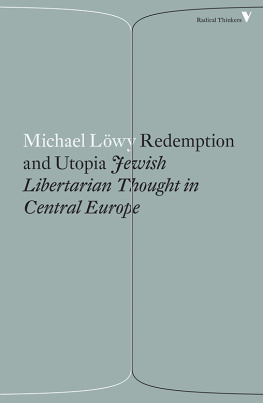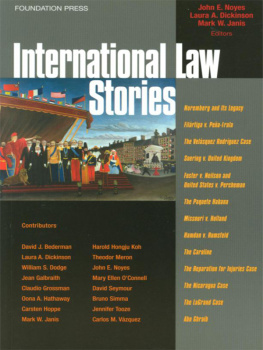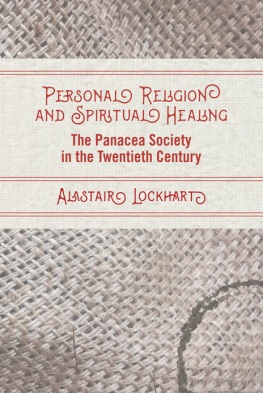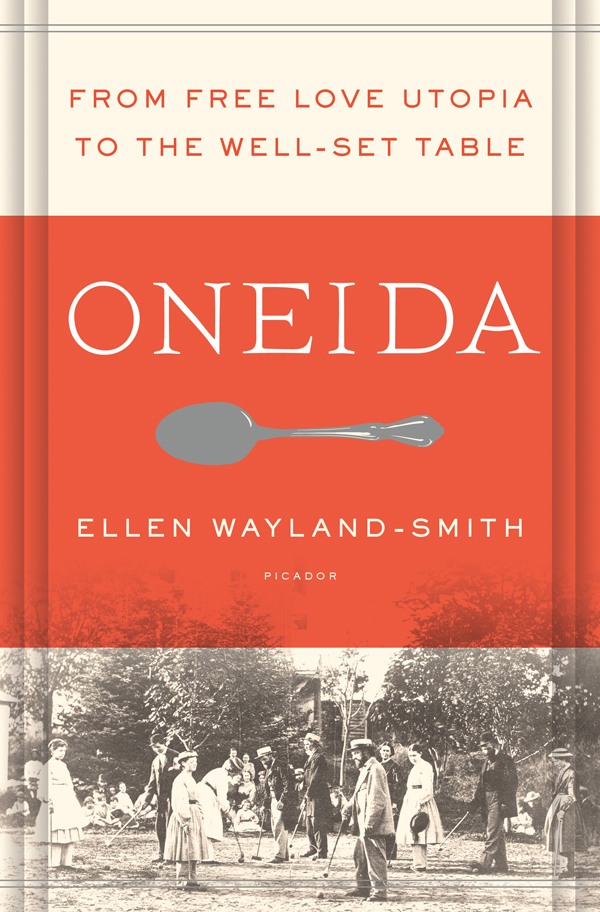
The author and publisher have provided this e-book to you for your personal use only. You may not make this e-book publicly available in any way. Copyright infringement is against the law. If you believe the copy of this e-book you are reading infringes on the authors copyright, please notify the publisher at: us.macmillanusa.com/piracy.
For my father
In 1948, Louis Wayland-Smith, my great-grandfather, was vice president and treasurer of Oneida Limited, one of Americas top three manufacturers of silverware. And, for the first time in a long time, he had unusually good financial news to report. When the United States entered World War II in 1942, Oneida had halted silverware production and converted its factories to manufacturing hardware for the war effort, pumping out everything from surgical instruments to Curtiss propellers for the Helldiver bombers leading the charge in the battle for Japan. After the wars end, things were touch-and-go as the company undertook the difficult process of converting back to silver production. During the initial months of 1946, Oneida battled absenteeism, high worker turnover, and a general drop in productivity. But in his annual report to the stockholders on January 31, 1948, Oneida Limiteds president, Pierrepont B. Noyes, was able to state that 1947 had been the most satisfactory year, from the standpoint of volume of business and earnings, in the history of the Company, with net earnings topping three and a half million dollars.
While Oneida might not have been producing its usual product line of gleaming silver teaspoons during the war, it had not ceased brand building, and the company was now reaping the benefits of an enormously popular advertising campaign that had kept the Oneida name front and center in consumer consciousness. The luminously colored ads, splashed across the pages of Life magazine and The Saturday Evening Post , depicted a handsome, uniformed soldier embracing his sweetheart, with the banner Back Home for Keeps printed confidently across the top of the page. Spawning a pinup craze among stateside wives and girlfriends pining for their servicemen, such sentimental images of home and hearth pushed Oneida ahead of its silverware competitors to earn the status of number one in consumer brand recognition. Once the soldiers were, in fact, home for keeps, Oneidas advertisers seamlessly shifted to rosy pictures of couples exchanging engagement rings, with the altered slogan This Is for Keeps urging future brides to choose Oneida silverware for their timeless trousseaux.
With the wind of 1947s financial success in their sails, Oneidas management began to plan a centennial celebration to take place the following summer, commemorating the companys improbable origins in a utopian Christian commune founded by Pierrepont Noyess father, John Humphrey Noyes, in 1848: the Oneida Community. The company even commissioned an official history to memorialize the event, The First Hundred Years, by the patrician New York historian and novelist Walter Edmonds. Edmondss paean to Oneida was tinged with the same nostalgic romanticism that, in 1936, had earned the author a popular success at the top of the Publishers Weekly bestseller list for his historical novel, Drums Along the Mohawk (a mere four notches down from Margaret Mitchells blockbuster of the same year, Gone with the Wind ).
John Humphrey Noyes and his followers, Edmonds wrote, had been Christian Perfectionists, religious dissenters and reformers in the best American tradition. Intent on forming a community resembling the early church as described in the Acts of the Apostles and calling themselves Bible Communists, Noyes and his followers pooled all their possessions and lived and worked together as an extended family, striving to become one body in Christ through total selflessness. But if they sought to restore the communal harmony of the age of the apostles, Noyes and his band of Bible Communists were no starry-eyed romantics. As the twin dynamos of the market revolution and the Industrial Revolution were transfiguring the American landscape in the 1840s, John Humphrey Noyes and his followers energetically embraced capitalism and the technological wizardry of the modern era, from the steam engine to the telegraph, as the wings that would bring to fruition the New Jerusalem. Pried loose from the selfish interests of the property-owning few and transformed into the servant of Communism and the spirit of heaven, modern capitalism would usher in a reign of peace and plenty unknown since Adams expulsion from the Garden of Eden.
Edmonds went on to explain in The First Hundred Years that, while the Oneida Community had dissolved as a social and religious entity in 1880, the bold experiment in human relations initiated by Noyes Sr. was carried forth in the economic sphere by Noyess son Pierrepont and his fellow Community descendants, who took the old principles of sharing and equality inherited from his father and applied them to the industrial production of silverware. Oneida Limited prided itself on the equity and dignity that it accorded all its members, from the lowest factory hand to the president of the company himself. It was an institution that, true to its founders principles, held that every man and woman whose work contributes to the success of the company is entitled to an equitable share in the companys profits, prizing the common good over private individual interests. Edmondss commemorative history closed with a selection of glossy black-and-white photographs of the company and its homey, small-town environs, from the village block hardware store (Merchandise is displayed on the sidewalks in a neighborly way) to the stately trees surrounding the old communal homestead, proud of their ancient lineage and living reminders of the thought and vision of those who planted [them] generations ago.
Oneida Limiteds centennial celebration opened on a sunny Saturday in July 1948 and was a grand affair. It was held in bucolic Noyes Park, equidistant from the cozy, clustered bungalows of the worker village and the tree-lined hamlet, across the bridge, where management lived in larger houses surrounding the ancestral Mansion House, a 93,000-square-foot Victorian brick mansion built by the original Community. On the gaily festooned grandstand a pretty soprano belted out an organ-accompanied rendition of The Star-Spangled Banner, and a beaming Pierrepont Noyes crowned the Silver Queen, chosen from among the loveliest girls on the companys secretarial staff. The wide-eyed audience was treated to five-cent hot dogs and ice cream, not to mention a dizzying slate of spectacles, from the Gaudsmith Brothers and their French Poodles Pantomime Comedy Knockabout Act to Sensational Rob Cimse on the seventy-five-foot High Whirling Motorcycle Trapeze. The celebration closed with dancing under the stars to the strains of Jimmy Dorseys orchestra. The Oneida Limited centennial was, in short, a taste of postwar America in all of its glory: patriotic, prosperous, and unfailingly cheerful.
* * *
Only a year before, in 1947, a more complicated retrospective ceremony of sorts had taken place: a group of Oneida Limited officers emptied a vault full of documents, diaries, letters, and papers dating from the Community days and loaded them into the back of a truck, which they proceeded to drive to the town dump. There, they burned everything. The event came to be known in following generations as the Burning; like most family secrets, everyone knew about it, but no one talked about it. The identity of the family members who spearheaded and carried out the mission remains, even today, every bit as mysterious as the contents of the documents they reduced to ash. Unlike Edmondss carefully constructed narrative of the family company in The First Hundred Years , the story in the vault was, decidedly, not a story anyone wished to pass on.


